Scrapping Article 370 that gave Jammu and Kashmir a special status brought about a spate of diverse reactions. Home Minister Amit Shah announced the immediate removal of Article 370 at the Rajya Sabha session yesterday. This major decision comes with its own set of implications and while there is a lot of information on the internet, it’s time we sit back and process the changes that might take place in the state as a result.
Here are the supposed changes that will take place in Jammu and Kashmir as a result of the removal of Article 370:
1. Jammu & Kashmir as much a part of India as any other state.
Earlier: J&K was an autonomous state with its own constitution and laws including citizenship, ownership of property, and fundamental rights which were different from the rest of India.
Now: Like every other Indian state, the Indian constitution and laws will be applicable to J&K as well.
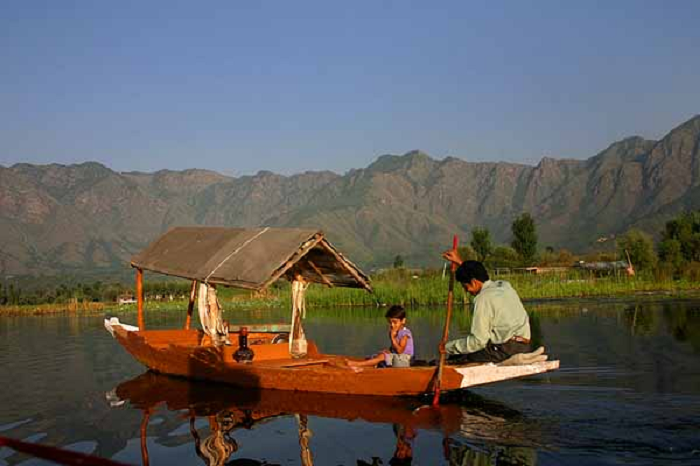
2. Jammu & Kashmir will now bear the Indian flag, only.
Earlier: J&K had its own separate flag.
Now: They, like every other state, will now bear the national tricoloured flag.

3. Residents of Jammu & Kashmir will now have single citizenship.
Earlier: J&K residents had dual citizenship, that of J&K separately and India.
Now: Residents will now have single citizenship like all Indians.
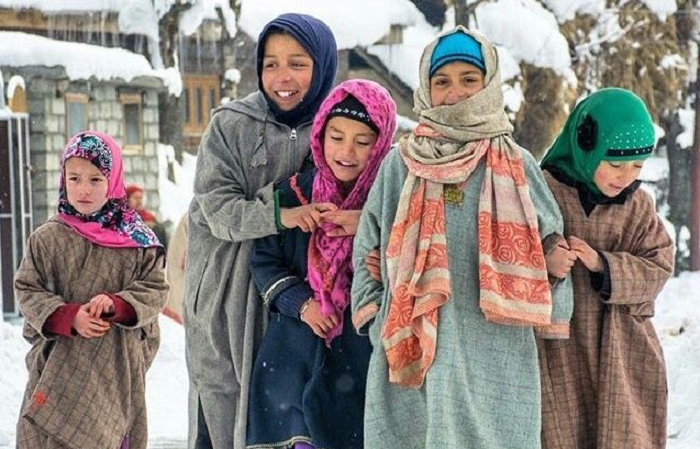
4. People from other states can now buy land in Jammu and Kashmir.
Earlier: Article 370 did not allow people from other states to buy “immovable property” in J&K.
Now: People from other states will be able to buy land in J&K and permanently settle there.
5. Possible economic growth and an increase in employment.
Earlier: Since people from other states could not buy land in J&K, private industrialists weren’t able to build firms and multinational corporations. According to a report by The Hindu, J&K is an “economic powerhouse waiting to be unleashed” but was unable to do so because Article 370 restricted “private or global investment into the state”.
Now: Now that Article 370 is no longer applicable, industrialists from all over the world can now invest in J&K. Indian entrepreneurs are free to buy land and set up firms which will thereby increase job opportunities for people of Kashmir.
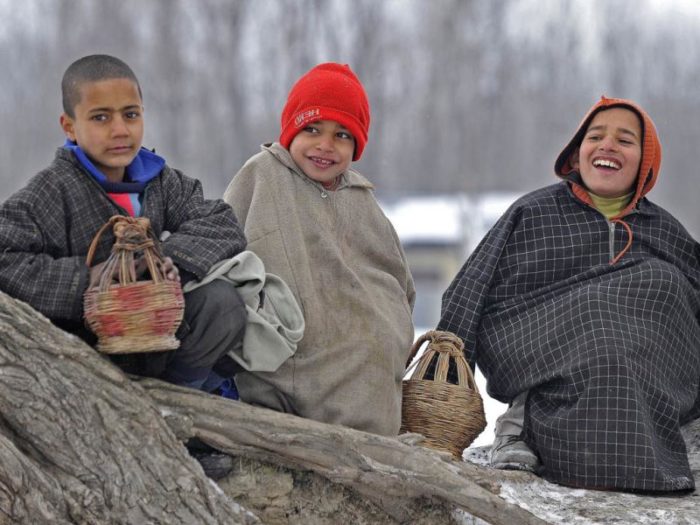
6. Better academic opportunities.
Earlier: Private schools and colleges were a complete no-no. The Hindu reports professors “could not be hired from outside the state except in extremely low quotas”. It also stopped public colleges from adequately fulfilling vacancies because non-residents did not get any scholarship/aid from the state government.
Now: With Article 370 gone, academia can possibly flourish in the state with more schools and colleges being set up.
7. Article 360 now applicable to J&K.
Earlier: In case the financial stability of J&K was threatened, they could wage “war or an external act of aggression”.
Now: Under Article 360, the centre can declare a financial emergency. The President can direct the centre to observe certain economic measures to curb the crisis.
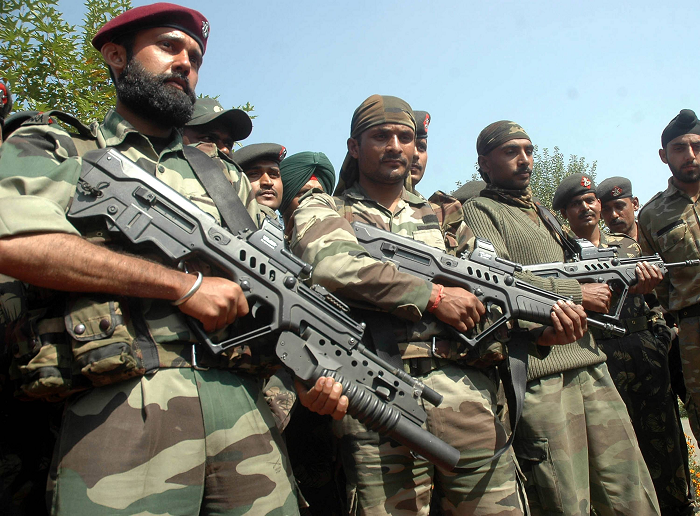
8. Reservation for minorities.
Earlier: There was no reservation for minorities.
Now: There will now be SC/ST reservations in J&K, like every other Indian state. Minorities will now have 16% reservation.
9. RTI now applicable to J&K.
Earlier: Right to Information (RTI) Act was not applicable to Jammu and Kashmir. Article 370 gave Kashmir the right to choose which law or act they want to be applied to their state.
Now: With Article 370 scrapped, they now have to abide by the RTI Act.
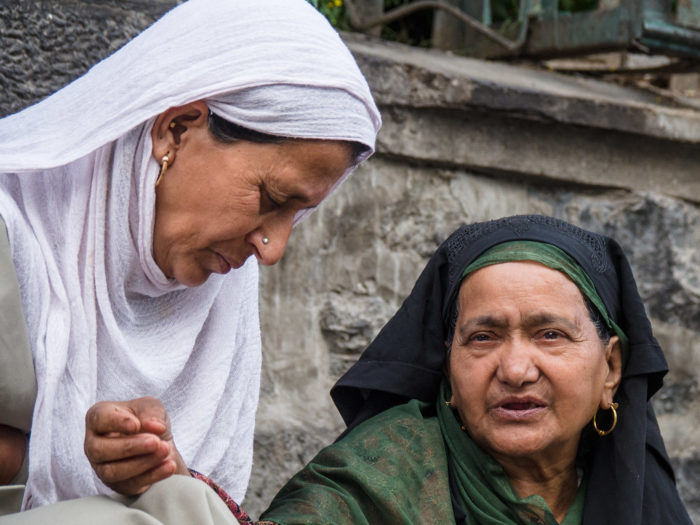
10. More rights for women.
Earlier: Even though Article 370 was gender-neutral, gender biases against women existed because of it. Previously according to the state constitution, a wife or a widow of the state would “acquire the status of her husband as state subject of the same class as her husband”. If she were to leave the state for permanent residence outside or marry outside the state, she would lose her J&K citizenship.
Now: Kashmiri women can settle anywhere, marry whoever they wish and still have Indian citizenship.
11. What remains unchanged.
According to The Indian Express, the 4 existing members of the council of state representing J&K is deemed to have been elected to fill the seats allocated to the Union Territory of Jammu and Kashmir. Their term of office remaining unchanged.
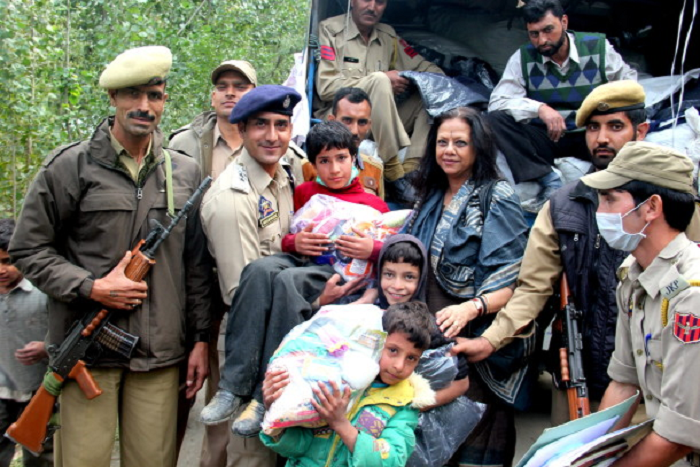
What is your take on the radical move? Tell us.




